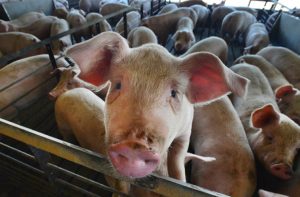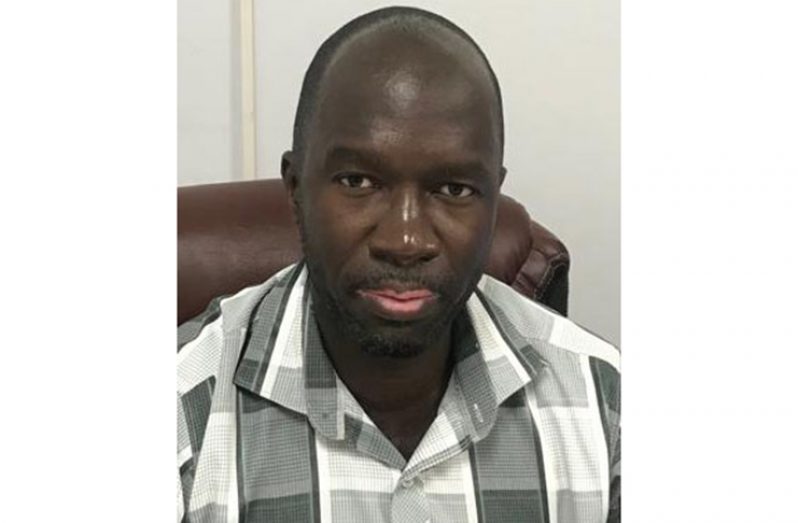GUYANA is free of the recent outbreak of African Swine Fever (ASF) in Europe and more recently, Asia, which has taken a toll on the swine industries, particularly small holders, in these regions of the world.
This is according to Dr. Dwight Walrond, Deputy Chief Executive Officer of the Guyana Livestock Development Authority (GLDA).
He said Guyana’s free status against the disease must be preserved. However, a lack of precautions by professionals, hunters, travellers, farmers, or anyone unaware of its transmission pathways could result in the emergence of ASF.
Dr. Walrond said that, given the gravity of the situation, and following the request of its Member Countries at the General Session in May, the World Organisation for Animal Health (OIE) launched a global initiative for the control of ASF.
According to the deputy chief executive officer, the objective is to control the disease, strengthen countries’ prevention and preparation efforts, and minimise the adverse effects on animal health, animal welfare and international trade.
“Preventing its introduction in the Region, and, if ever it happens, being prepared to contain its spread and devastating consequences are of the utmost importance,” Dr. Walrond said.

He explained that at the 10th meeting of the Global Framework for the Progressive Control of Transboundary Animal Diseases (GF-TADs) Steering Committee of the Americas, 15 OIE delegates and senior authorities, alongside regional organisations, representing North, Central and South America were present.
In addition to the analysis of the regional situation, he said the discussions led to the creation of a Standing Group of Experts on African Swine Fever (SGE-ASF) for Americas under the umbrella of GF-TADs, taking the SGE ASF created in the European Region in 2014 as a model.
Indeed, he said developing measures specific and adaptable to the Region are essential to prevent the entry of the disease, thanks to the definition of priority actions oriented to local needs and complementary of the global initiative.
He noted that internationally-recognised ASF or swine disease experts with experience working in Europe or Asia will be included in the group on an ad hoc basis on agreement of the SGE-ASF.
Dr. Walrond noted that the group will gain knowledge from experts from Europe or Asia experienced in ASF, joining the group on an ad hoc basis.
“The presence of representatives of the pig industry is to be noted. This is a good example of how Private-Public Partnerships (PPPs) can reinforce the effectiveness of veterinary service activities and support implementation of global programme for the control and the eradication of animal diseases. Strong collaboration by the regional and international community, as well as good communication are essential to minimise the effects of ASF,” he noted.



.jpg)








